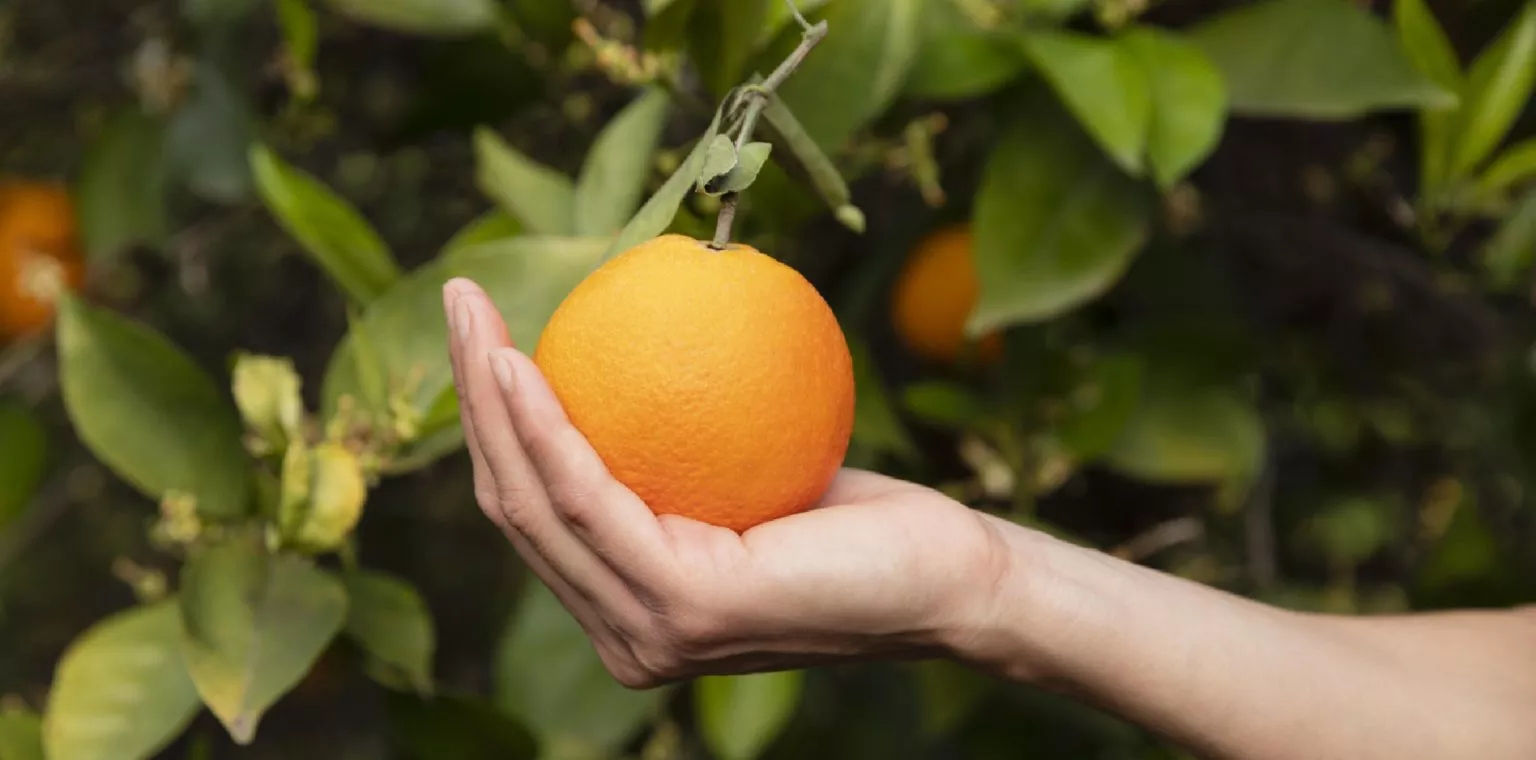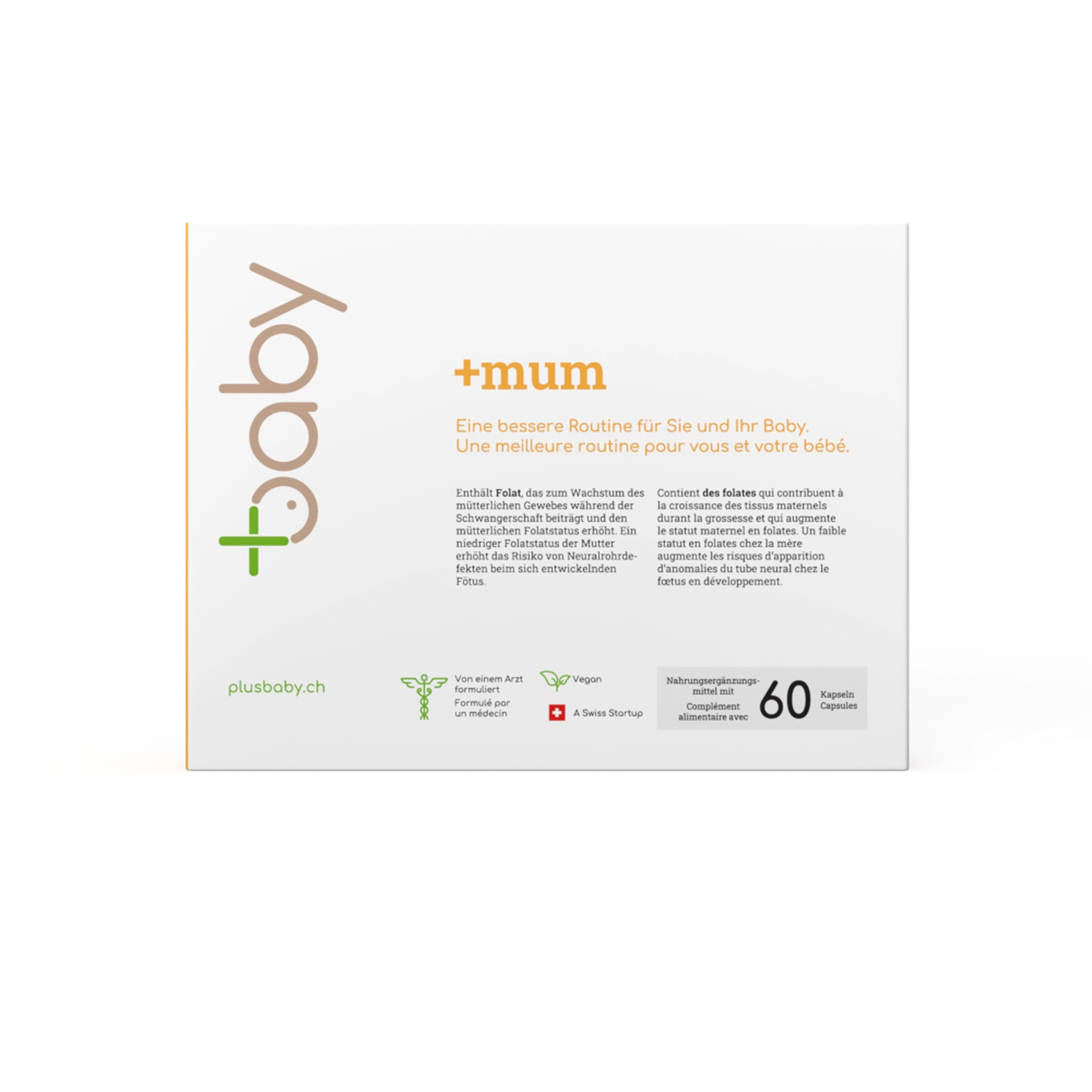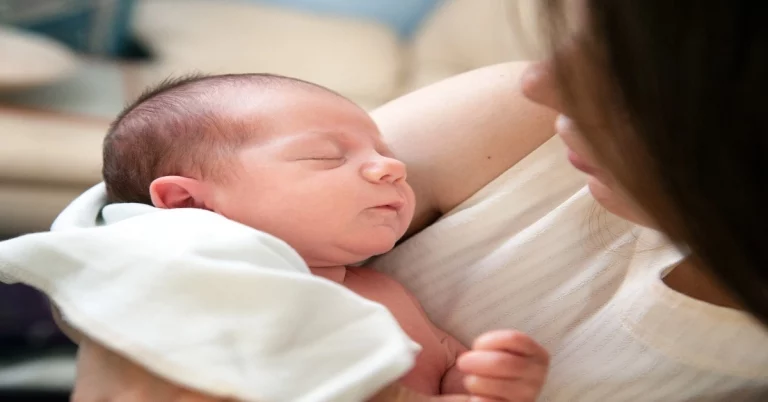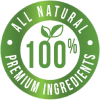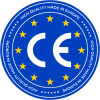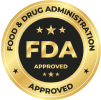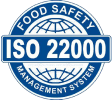Iron: We explain why it is one of the most important supplements to take.
Figuring out which supplements to take and how much to take during pregnancy can be a frustrating process. With all the options available, how do you know what’s most important? We reviewed what to look for in a prenatal vitamin in our previous article here. One of the most important supplements you need to look at is iron intake.
What is it used for?
As a reminder, it is used to make haemoglobin, a protein that red blood cells use to carry oxygen around the body. Haemoglobin binds oxygen in the lungs and transports it to all the body’s tissues, including the developing foetus. Blood volume increases due to the demands of pregnancy, making iron a highly prized commodity during this process. Pregnant women need around twice as much iron as a non-pregnant person. And because these physiological changes begin very early in pregnancy (before most women even know they’re pregnant), it’s important to start iron supplementation as early as possible.
That’s why our +fertiwomen and +mum supplements contain iron.
Anaemia is the most common blood disorder.
Anaemia, the most common blood disorder, is diagnosed when a patient has a haemoglobin level below normal. The two most common causes of anaemia during pregnancy are iron deficiency and acute blood loss at the time of delivery. A test for anaemia can be carried out via a simple laboratory analysis at the very first visit to your obstetrician-gynaecologist and again at the start of the third trimester.
A study carried out in 2017 revealed that anaemia during pregnancy affects up to 12% of people. Among all groups, regardless of race, teenage mothers had the highest prevalence of anaemia in pregnancy. In patients with moderate to severe anaemia, we tend to recommend iron supplementation in addition to the iron already present in +mum dietary supplements and our +ferti product range, as we start from a very low figure. If you are anaemic, we advise you to speak to your GP.
The reason we are concerned about anaemia during pregnancy, in particular, is that it may be associated with an increased risk of low birth weight, premature delivery and perinatal mortality. There may also be a link between maternal anaemia and post-partum depression.
How do I know if I’m suffering from iron deficiency?
The risk factors for anaemia during pregnancy are as follows: a diet low in foods rich in iron and/or activators of iron absorption; a diet rich in foods that reduce iron absorption, such as the consumption of non-food substances like clay; gastrointestinal diseases that affect absorption; a short interval between pregnancies; heavy menstrual bleeding between pregnancies; and higher-than-normal blood loss at delivery for uncomplicated vaginal or caesarean deliveries.
Symptoms of anaemia may include fatigue, weakness, rapid heart rate, difficulty concentrating, shortness of breath, pale skin, dizziness and cold hands and feet. Talk to your doctor if these symptoms occur.
If you are diagnosed with anaemia, there are many ways to increase your iron reserves.
How can I increase my iron during pregnancy?
It’s also perfectly reasonable to increase your iron levels naturally (as long as you don’t start from a very low level). However, you should bear in mind that there are two types of iron: haem iron and non-haem iron. Around 70% of the iron in the body is in heme form. The latter comes from foods of animal origin such as meat, poultry, offal and fish. Haem iron is the form that our body absorbs best. Non-heme iron is the other type, which is better absorbed when taken with iron absorption stimulators.
You can find non-haem iron in foods such as beans, green leafy vegetables, dried fruit, fortified cereals and lentils. Orange juice, grapefruit, strawberries, kiwi fruit, melon, broccoli, tomatoes and peppers all help with iron absorption.
It’s also important to keep an eye on the foods you eat that can reduce its absorption. Try to avoid dairy and soya products, spinach, coffee and certain teas.
For people who do not respond well to oral iron supplementation, whether natural or in pill form, a check-up for other causes of anaemia may be warranted. If your haemoglobin level is very low (especially in the run-up to childbirth) or if you cannot tolerate iron supplements, your doctor may suggest that you make a few extra appointments to receive iron intravenously or by injection. These methods are excellent for boosting iron levels within two weeks, but in the long term they are comparable to oral supplements.
Whichever method you choose, the important thing is that you get the iron you and your baby need.

